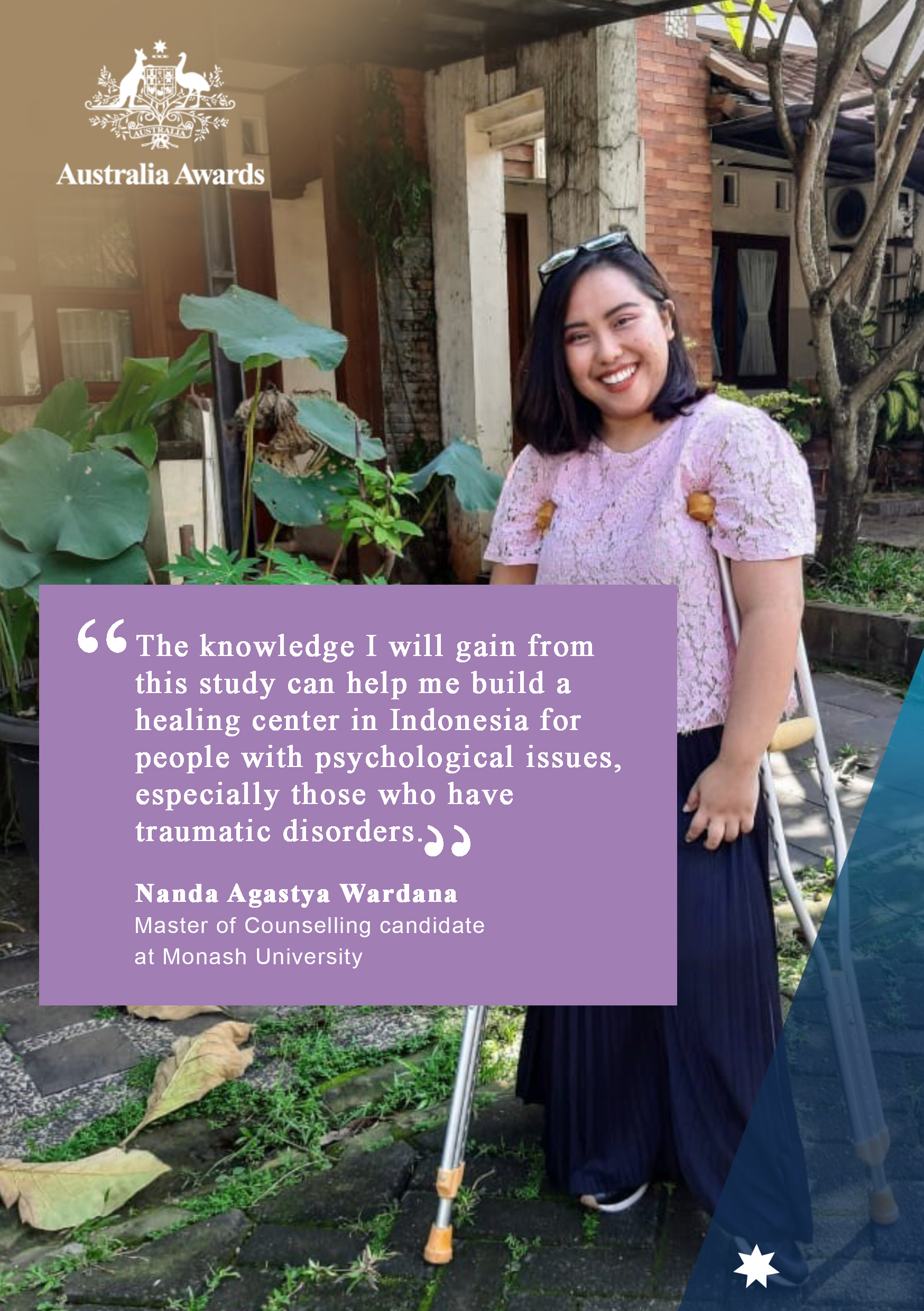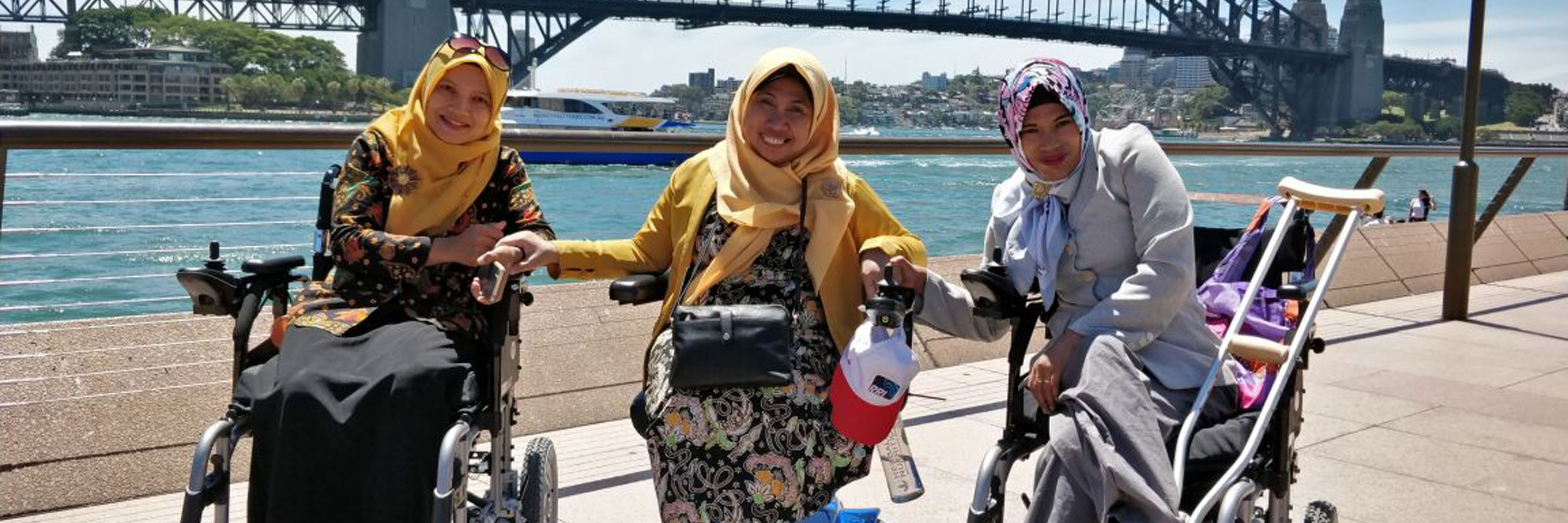 Introduction
Introduction
In all aspects of planning and implementation of its activities, Australia Awards in Indonesia (AAI) will apply the Gender, Disability and Social Inclusion (GEDSI) principles described in the AAI GEDSI Strategy. The AAI GEDSI Strategy aims to maximise AAI’s contribution to Indonesia’s development and the Indonesia-Australia bilateral relationship by ensuring that the GEDSI principles are applied at every stage of activity delivery and by advocating and championing GEDSI to the broader stakeholder network.
The key objectives of the GEDSI Strategy focused on inclusion, affirmative action, advocacy and capacity building will be achieved using a twin-track approach of mainstreaming GEDSI into all relevant activities and implementing specific GEDSI activities. Program delivery will be underpinned by principles of diversity, access, intersectionality, consultation, do no harm and evidence-based innovation.
People with disability, women from a disadvantaged background and people from equity target provinces will constitute three Equity Target Groups. AAI will offer equity support on the basis that these groups are more likely to have experienced disadvantage due to social or cultural standards, expectations and bias, geographic or social isolation, financial and economic disadvantage, institutional discrimination or limited access to opportunity. AAI will take an intersectional approach to understanding individual experiences of exclusion and discrimination.
Equity Target Groups
Three Equity Target Groups were selected for inclusion in the GEDSI Strategy through a process of research and consultation with the Governments of Indonesia and Australia. These were: people with disability, women from disadvantaged backgrounds, and people from equity target provinces.
People from these groups are relatively more likely to have experienced disadvantage due to multiple factors: social or cultural standards, expectations, bias, geographic or social isolation, financial and economic disadvantage, institutional discrimination, or limited access to opportunity.
AAI will offer equity support on the basis that past disadvantage has limited the ability of people in these groups to compete on an equal basis alongside their peers. Equity support offers opportunities to ‘catch up’ with the aim of enabling individuals from the Equity Target Groups to compete successfully in merit-based processes. Some people may belong to multiple Equity Target Groups. AAI will take an intersectional approach to understanding intersecting forms of exclusion and discrimination.




